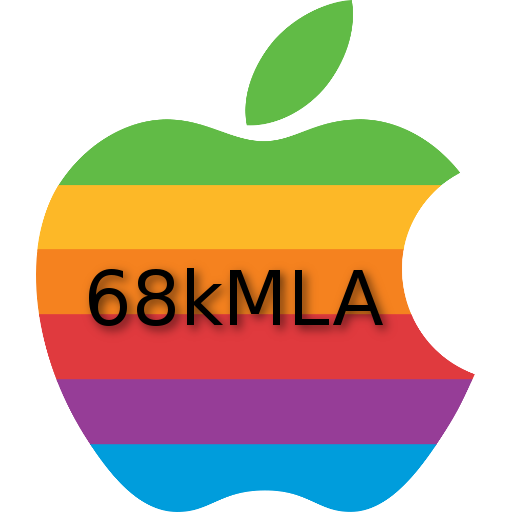Mirroring what everyone else said: "it depends".
I use 8.x on my 040 Macs, because access to bigger disks and network volumes is more convenient on it. Though, OpenTransport and AppleShare upgrades can, as has been mentioned, be added to 7.x, so that's less of an imperative today than it was, say, 20 years ago.
My recommendation would be to start at 7.6.1 and see what you do or don't like about it. Each version of 7 is (correctly) descriped as [the previous version] with batteries included and 7.6.1 has the most batteries, as well as stability and quality of life improvements. It can address 2TB volumes, although for disks much bigger than ~40 gigs you start running into "this text file claims it's a whole megabyte" issues, because there's a maximum number of file allocation units. There's a few ways to avoid that, including partitioning and using disk images rather than storing files right on the volumes.
8.1 will be a little bit slower but it fixes that, includes newer networking bits, and the Finder can do some multi-tasking, particularly useful if you end up using LocalTalk and want to, say, continue working in another application as a file transfer happens, which stock system 7 can't do. (There's some other ways to get some of that stuff though.)
Honestly, I'd burn CDs of the original 7.1, 7.5.5, 7.6.1, and 8.1 and try 'em all - you're here to experience and learn the platform, right? That's a great way to do it.

